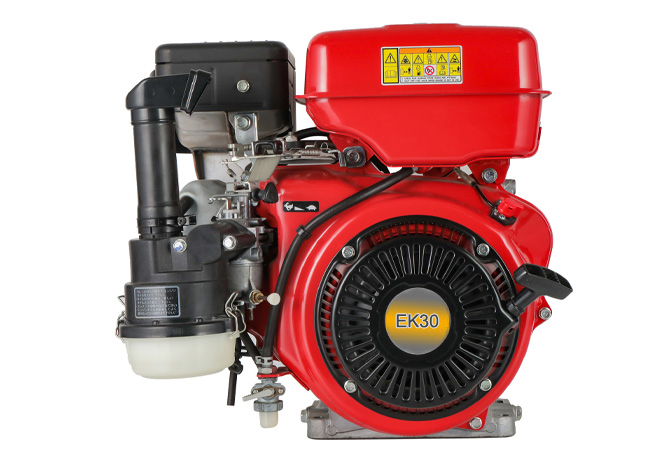In the automobile industry, engine parts play a vital role. They are key components of the automobile engine and directly affect the performance, efficiency and reliability of the vehicle. The continuous innovation and improvement of these accessories not only promotes the development of automotive technology, but also improves driving experience and safety.

1. Cylinder and piston:
Cylinders and pistons form the core components of a car engine. Through reciprocating motion, they compress and ignite the fuel and air mixture to drive the vehicle forward. The material and finish of the cylinder walls and the design and material of the piston are critical to an engine's performance and fuel efficiency.
2. Crankshaft and connecting rod:
The crankshaft and connecting rod convert the linear motion of the piston into rotational power, which drives the wheel motion. The design and balance of the crankshaft are crucial to the smoothness and durability of the engine, while the material and connection method of the connecting rod directly affect the reliability and power output of the engine.
3. Valve and valve train:
The valve controls the flow of fuel and air into and out of the cylinder, determining the efficiency and power output of the combustion process. The valve train includes the camshaft, valve springs and valve drives, whose design and adjustment affect the engine's power, response and emissions performance.
4. Fuel system:
The fuel system is responsible for delivering fuel to the engine and ensuring proper combustion process. The performance and accuracy of components such as fuel pumps, injectors and fuel pressure regulators have a direct impact on fuel consumption rates and emission levels.
5. Ignition system:
The ignition system is responsible for igniting the fuel and air mixture within the cylinder, causing an explosion and generating power. The reliability and responsiveness of components such as spark plugs, ignition coils and ignition control units are critical to starting and operating your engine.
6. Cooling system:
The cooling system circulates coolant to dissipate the heat generated in the engine and maintain the engine within a suitable operating temperature range. The efficiency and flow of components such as water pumps, radiators and fans have a direct impact on engine performance and life.
7. Lubrication system:
The lubrication system is responsible for forming a lubricating film inside the engine, reducing friction and wear, and protecting various engine components. The performance and quality of components such as oil pumps, filters and oil seals are critical to the durability and reliability of your engine.
8. Exhaust system:
The exhaust system is responsible for discharging combustion exhaust gases into the atmosphere and reducing the concentration and impact of emissions on the environment. The design and materials of components such as exhaust pipes, catalytic converters and exhaust valves have a direct impact on engine performance and emission levels.
In general, engine accessories play an indispensable role in the automotive field, and their performance and quality directly affect the performance, economy, and safety of the car. With the continuous advancement and innovation of technology, the design and manufacturing of engine parts will continue to develop in a more efficient, reliable and environmentally friendly direction, bringing a more pleasant driving experience to drivers.
 English
English



